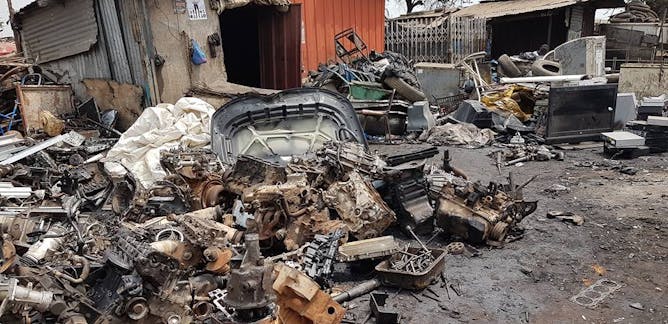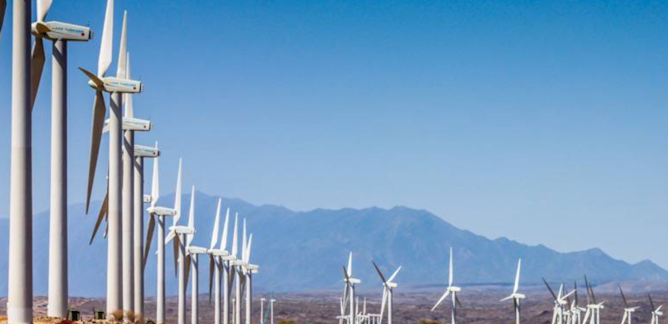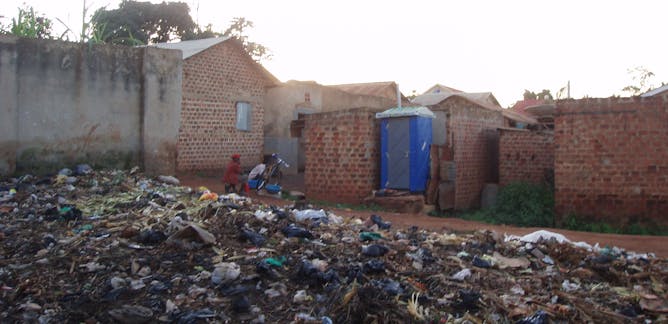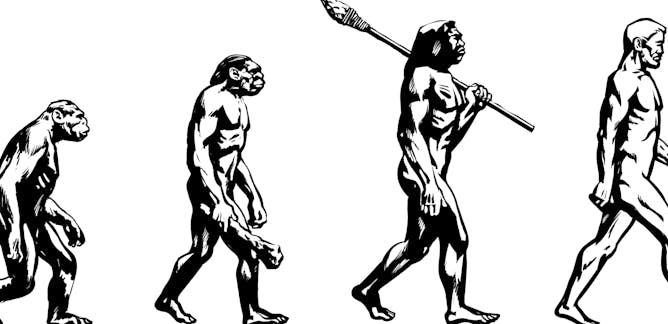
Tunisians protest against tax hikes, austerity measures and increased food prices.
EPA-EFE/Mohamed Messara
Pamela Abbott, University of Aberdeen; Andrea Teti, University of Aberdeen; Roger Sapsford, University of Aberdeen
Western perceptions of what's happening in Tunisia differ sharply with Tunisia's daily reality: the truth is that its political transformation is in trouble.
|
Environment + Energy
|

Alison Stowell, Lancaster University
Sites like Agbogbloshie provides a valuable service. They offer opportunities for job creation, profit and cleaning up environments littered with waste.
| |

Peter Ryan, University of Cape Town; Katrin Ludynia, University of Cape Town; Lorien Pichegru, Nelson Mandela University
Oil spills from a project that's designed to harness the economic potential of South Africa's oceans are threatening the world's largest remaining African Penguin colony.
|

Zoe Cormack, University of Oxford
Our research shows how a large scale renewable energy project can be plagued by many of the same troubling impacts on local communities as oil and extractive industries.
| |

Shuaib Lwasa, Makerere University
Residents have come up with solutions to make usable products out of organic waste materials.
|
|
|
From our international editions
|

Yvonne Black, University of Hull
How gardening can make you happier and healthier.
| |

Almut Kelber, Lund University; Alexandre Roulin, Université de Lausanne; Luis Martín San José García, Université de Lausanne
Scientists have discovered how the wise old barn owl is so good at catching rodents.
|

Justin Jones, University of Oxford
The Indian government’s recent criminalisation of instant 'triple-talaq' divorce has stoked dispute among the very people it purports to protect: Muslim women.
| |

Quentin Wheeler, State University of New York College of Environmental Science and Forestry; Antonio G. Valdecasas, CSIC - Consejo Superior de Investigaciones Científicas; Cristina Cánovas, CSIC - Consejo Superior de Investigaciones Científicas
If you go by editorial cartoons and T-shirts, you might have the impression that evolution proceeds as an orderly march toward a preordained finish line. But that's not right at all.
|
|
|